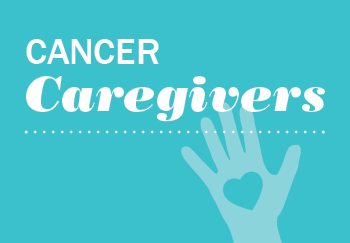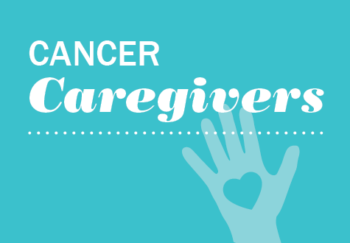 Even when you’re a full-fledged adult, hearing a parent has cancer is devastating. Depending on your relationship, you may feel a flood of emotions, from indifference or anger all the way to deep sadness and concern for your parent. Your feelings are probably different as an adult than they would be if you were a child dealing with a sick parent. No matter what emotions come forth, what you’re feeling is both natural and manageable.
Even when you’re a full-fledged adult, hearing a parent has cancer is devastating. Depending on your relationship, you may feel a flood of emotions, from indifference or anger all the way to deep sadness and concern for your parent. Your feelings are probably different as an adult than they would be if you were a child dealing with a sick parent. No matter what emotions come forth, what you’re feeling is both natural and manageable.
To Ease Your Worry
Get a detailed understanding of the stage and type of cancer your parent has, as well as the prognosis. You may be concerned about what to tell your children and the younger members of your family, so knowing if it’s in early stages or terminal can dictate that. Likewise, determine if you want to be the person who gives all the medical updates, as the American Society of Clinical Oncology (ASCO) outlines, or you’d rather that responsibility go to someone else.
Ask your parent about his treatment schedule to determine how you can help. You have more responsibilities than you did when you were younger, so knowing where you can fit caregiver support into your schedule makes it less overwhelming. As a family unit, give everyone a specific caregiving job so it doesn’t just fall on you. If you live far away, regular video calling or written correspondence can cheer up your sick parent. If you live nearby, you might bring over meals, organize and pay bills or do housework. Look into respite care to get a break, too.
To Ease Your Frustration
You might feel the roles of caregiver and child switching when a parent has cancer. This sudden dynamic shift can make you frustrated, but even if it seems selfish, it’s normal according to the ASCO. The best thing you can do here is to take care of yourself. Make sure you prioritize your own health. If you spend a lot of time at the hospital, pack healthy snacks for you and your kids so you don’t have to rely on vending machines or cafeteria food. When you’re scheduling your caregiving duties, set time aside for exercise or personal time. It’s important to have a respite from cancer-related activities, even if it means, for example, you have your book club meeting at a location close to your parent’s house or hospital.
Looking for more support?
Whenever a parent has cancer, emotions of all kinds run high. Seeking our professional counseling can help you process them.
If you feel constantly angry at your parent about the role shift or the diagnosis, talk to a mental health professional or someone at your religious organization. Your frustration may be tangled up in other emotions.
To Ease Your Apathy
Talking to a therapist is also a good way to deal with feelings of apathy or lack of concern for your parent. You may alarm yourself if you don’t intensely (or instantly) care about your sick parent, but it’s probably tied up in other concerns. Seeking out professional support can outline why you feel certain ways and provide actionable ways to manage these feelings. This is also a good time to gain more information about your parent’s diagnosis, as lack of concern may stem from not knowing enough about the condition.
As the Canadian Cancer Society outlines, it’s important to make the most of your time together. If medical concerns don’t interest you, focus on social events. Create a parent-child bucket list with activities you’re both excited about or plan an excursion for just the two of you with the rule of no cancer discussion.
No matter your emotions, from real grief to apathy, figure out what’s right for you first and then coordinate with your family members.

